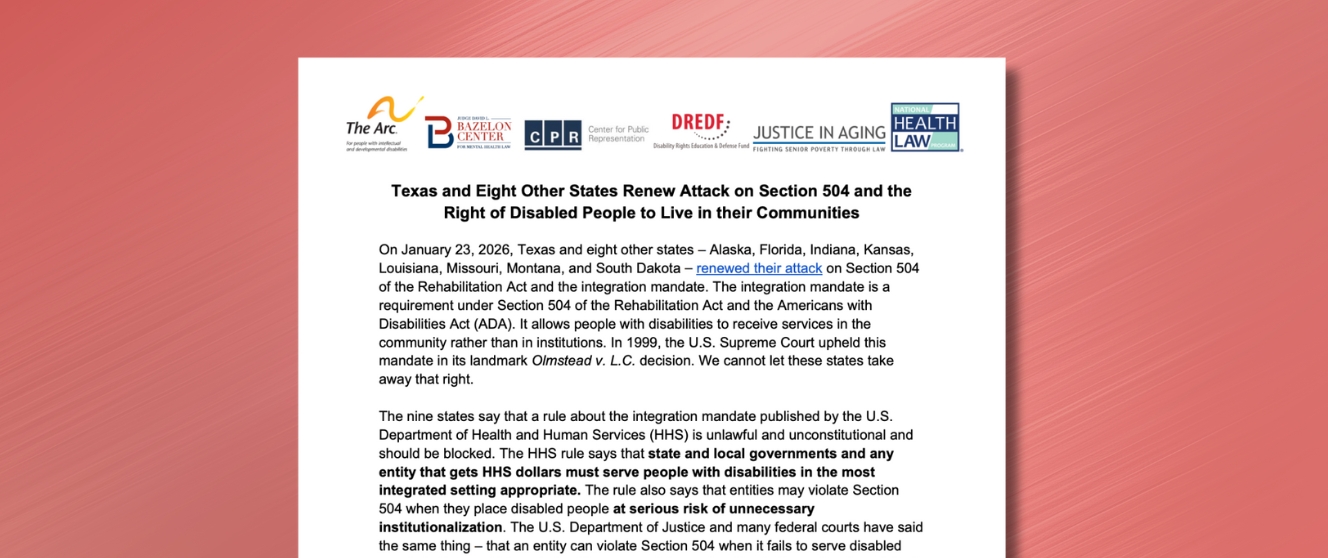
This page is being preserved for historical record and future reference, even though it may no longer be actively used or up to date.
DREDF Opposes Electronic Visit Verification (EVV) When It Threatens Disabled People’s Civil and Privacy Rights and Impedes Personal Choice, Autonomy, and Community Participation
March 2018
Disabled people have the right to receive home and community-based services in a manner that maximizes our personal autonomy and independence and that does not compromise our privacy. EVV could potentially infringe on these principles. Chief concerns include:
- EVV typically requires workers to check in from the homes of clients, yet consumer directed attendant programs allow services to be delivered anywhere they are needed, such as schools and workplaces. This conflict creates the potential for an atmosphere of ‘house arrest,’ limiting community participation, and perpetuating the outmoded stereotype that disabled people cannot or do not leave their homes.
- GEO tracking, which could be used to verify the service location, infringes on fundamental privacy rights and liberties of disabled people.
- Multiple, daily, task-by-task electronic check-ins, if required, are needlessly burdensome, will disrupt daily routines and worker-client communications and will take up valuable and limited service time.
- Not all disabled people have digital access or landlines, generally required by EVV.
- The state might be viewed as a joint-employer, triggering additional costs for unpaid overtime.
- EVV companies will likely receive contracts primarily on the bases of their promised technical capacity and the amount of their bid, without any regard for whether their proposals violate the rights of disabled people.
What is Electronic Visit Verification (EVV)
Electronic Visit Verification (EVV) is a telephone and computer-based system used to verify electronically that a personal attendant provides services for a client.
The 21st Century CURES Act Requires EVV
The 21st Century CURES Act, federal legislation signed into law in December 2016, requires that all states implement EVV for Medicaid-funded personal attendant services. This law outlines the requirements that states must meet, but provides little guidance on how states can fulfill the requirement.
What Must Be Verified?
EVV systems must verify:
- Type of service performed
- Individual receiving the service
- Date of the service
- Location of service delivery
- Individual providing the services, and
- Time the service begins and ends.
Effective Date: January 2019
States are in the process of gathering information from potential vendors regarding available technology and additional guidance which will likely be in the form of technical guidance to vendors is expected from the federal Centers for Medicare and Medicaid Services (CMS) in Spring 2018.
Other Resources
- NCIL Position Opposing EVV
- Disability Rights California Statement on EVV (PDF)
- DRAFT ADAPT Position Opposing EVV (PDF)
- CMS EVV Overview – PowerPoint slides (PDF)
- SEIU Campaign to Stop EVV
- AFSME Local 3930/SEIU-UDW Joint Comments (PDF) in Response to DRAFT Request for Information (RFI) on Electronic Vist Verification (EVV)
- STOP EVV – A Grassroots Campaign

